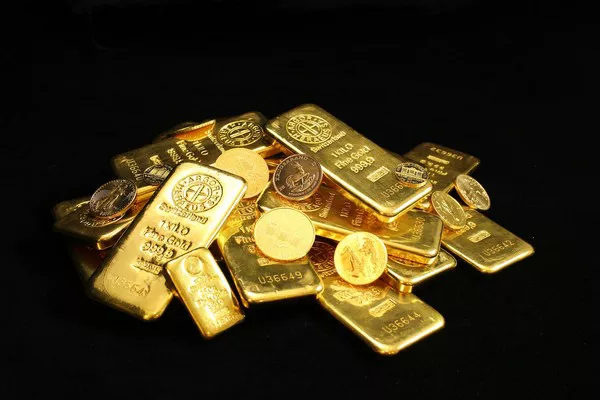Investing in commodities can be an enticing prospect for traders and investors seeking to diversify their portfolios. Gold, often considered a safe-haven asset, has attracted significant attention in the trading world. One way to gain exposure to gold without physically owning the metal is through gold futures contracts. These contracts provide traders with the opportunity to speculate on the future price of gold. However, it’s crucial to understand when these contracts expire and the implications of their expiration.
The Basics of Gold Futures Contracts
Gold futures contracts are agreements to buy or sell a specific quantity of gold at a predetermined price on a specific date in the future. These contracts are traded on commodity exchanges and are standardized in terms of quantity, quality, and delivery date. Futures contracts serve as a way for participants to hedge against price volatility or speculate on price movements.
Expiration of Gold Futures Contracts
Every gold futures contract has a specified expiration date, after which the contract ceases to exist. The expiration date is a critical factor for traders to consider when trading gold futures. Unlike stocks, where you can hold onto your position indefinitely, futures contracts have a finite lifespan. When a futures contract reaches its expiration date, several outcomes are possible, depending on the intentions of the traders who hold those contracts.
Physical Delivery vs. Cash Settlement
Upon the expiration of a gold futures contract, traders can either choose to physically receive the underlying gold or opt for a cash settlement. Physical delivery involves taking possession of the actual gold bars in the quantity specified by the contract. However, this option is less common, as it requires storage, insurance, and transportation arrangements.
The majority of gold futures traders, especially those who are not interested in acquiring physical gold, prefer cash settlement. Cash settlement involves settling the contract’s value in cash based on the difference between the contract price and the prevailing market price of gold at the time of expiration.
Important Dates in Gold Futures Contracts
To better understand when gold futures expire, it’s essential to be aware of the critical dates associated with these contracts:
Contract Month: This refers to the month in which the futures contract matures or expires. For example, a gold futures contract with a contract month of December means that the contract will expire in December.
Last Trading Day: This is the final day on which a futures contract can be traded before it expires. Trading ceases at a specific time on this day, after which no further trading can occur for that particular contract.
Delivery Date: If a trader decides to take physical delivery of gold, the delivery date is when the gold must be delivered to fulfill the contract’s terms.
FAQs About Gold Futures Expiry
Q1: What happens if I don’t close my gold futures position before the contract expires?
A1: If you don’t close your gold futures position before the contract expires, the exchange will typically close it for you on the last trading day. This process is known as “forced liquidation” and aims to prevent traders from unintentionally taking physical delivery of the commodity.
Q2: Can I change my mind after the contract expires and opt for physical delivery instead of cash settlement?
A2: Generally, exchanges require traders to specify their intentions regarding physical delivery or cash settlement well before the contract’s expiration. Once the contract expires, it’s usually not possible to change your decision.
Q3: How does the price of the expiring gold futures contract relate to the next month’s contract?
A3: The relationship between the expiring contract’s price and the price of the next month’s contract is known as the “rollover” or “carry.” If the next month’s contract price is higher than the expiring contract’s price, it’s referred to as “contango.” If it’s lower, it’s known as “backwardation.” Traders need to consider these price relationships when transitioning from one contract to another.
Gold futures contracts offer traders a way to speculate on the future price of gold without owning the physical metal. Understanding the expiration process of these contracts is essential for successful trading. The choice between physical delivery and cash settlement, as well as the critical dates associated with contract expiration, can significantly impact a trader’s strategy. By grasping the nuances of gold futures expiry, traders can navigate the complexities of the commodities market more effectively.
FAQs on Gold Futures Contracts:
Q1: What happens if I don’t close my gold futures position before the contract expires?
A1: If you don’t close your gold futures position before the contract expires, the exchange will typically close it for you on the last trading day.
Q2: Can I change my mind after the contract expires and opt for physical delivery instead of cash settlement?
A2: Generally, exchanges require traders to specify their intentions before the contract’s expiration. Once the contract expires, it’s usually not possible to change your decision.
Q3: How does the price of the expiring gold futures contract relate to the next month’s contract?
A3: The relationship between the expiring contract’s price and the price of the next month’s contract is known as the “rollover” or “carry.” Traders need to consider these price relationships when transitioning from one contract to another.

